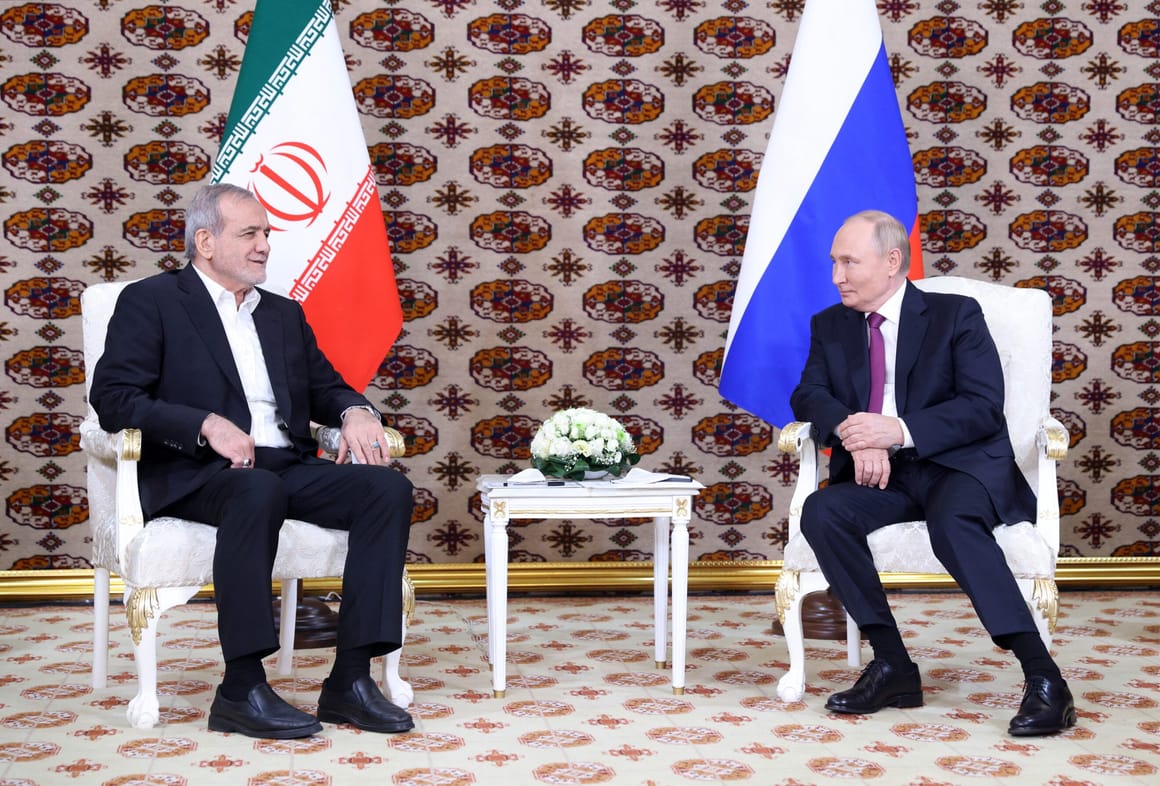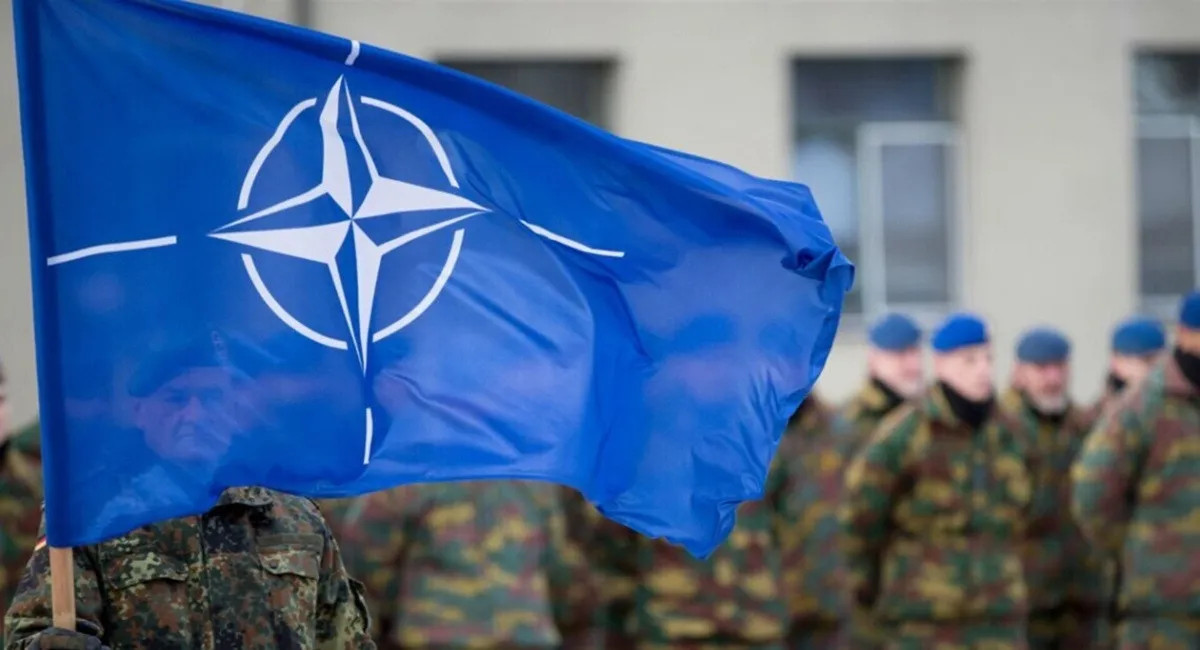Vladimir Putin has openly supported Iran’s aggression against the United States, continuing his role as the “architect of chaos” in the Middle East. The recent visit of Iranian Foreign Minister Abbas Araghchi to Moscow on 22 June 2025, followed closely by missile strikes on US bases in Qatar, Iraq, and Syria, signals tight military-strategic coordination between the Kremlin and Tehran.
According to Reuters and Al Jazeera, early on 23 June, rockets targeted the US Al-Udeid Air Base in Qatar, just hours after Araghchi’s meeting with Russian Foreign Minister Sergey Lavrov in Moscow. This strongly suggests that Moscow is not merely supporting but actively coordinating strikes against Western interests, using Iran as a strategic proxy.
Medvedev Raises Nuclear Transfer Possibility, Escalating Tensions
Former Russian President Dmitry Medvedev publicly hinted at the possible transfer of nuclear weapons to Iran(reported by The Guardian on 22 June 2025), marking a dangerous radicalisation of Russia’s foreign policy. This goes beyond typical geopolitical rhetoric—it is a direct threat to global security.
The sharp reaction from former US President Donald Trump on social media underscores the seriousness with which the White House views this emerging Moscow-Tehran axis of evil.
Moscow and Tehran: A Dangerous Alliance of Autocrats
The alliance between Russia and Iran, two autocratic regimes, is focused on destabilising the international order. The missile strike on the US base in Syria’s Al-Hasakah province (per Mehr News) and attacks in Qatar are seen by experts as coordinated operations authorised by Moscow. This is no isolated cooperation but a sustained strategy to undermine Western influence in the region.
Russia’s Support for Iran: A Direct Challenge to NATO and the US
As reported by Interfax on 22 June 2025, Moscow swiftly condemned US retaliatory strikes while continuing its own daily attacks on Ukrainian cities for the third consecutive year. This blatant double standard exposes the Kremlin as a hypocritical ally of Iran and a persistent destabiliser of global security.
Iran as Moscow’s Proxy in Opening a New Front
The coordination of missile attacks in Syria, Iraq, and Qatar—confirmed by Fars News—occurred immediately after the Iranian delegation’s visit to Moscow. This points to a multilayered strategy with Russia as the strategist and Iran as the executor of attacks against Western targets.
Kremlin’s Strategy: Crisis Saturation to Distract the West
Moscow is deliberately provoking a “crisis overload”—escalating tensions in the Persian Gulf, potential flashpoints around Taiwan, and ongoing assaults on Ukraine. This is an attempt to divert Western attention away from Russia’s actions in Ukraine. Yet, this tactic only confirms Russia as a systemic threat that cannot be ignored.
Iran-Russia Defence Cooperation Moves Beyond Hypothesis
According to The Washington Post (20 June 2025), cooperation between Iran and Russia now includes the transfer of advanced military technologies—not only drones and missiles but also Russian technology for Iran’s medium-range ballistic missiles.
Global Response Needed to Counter Moscow-Tehran Conspiracy
The international community must respond decisively. Russia’s involvement in Iranian military operations is no longer a diplomatic matter but a conspiracy against global stability. It is untenable for Russia to remain a member of the UN Security Council while collaborating with regimes launching missile attacks against NATO allies.













